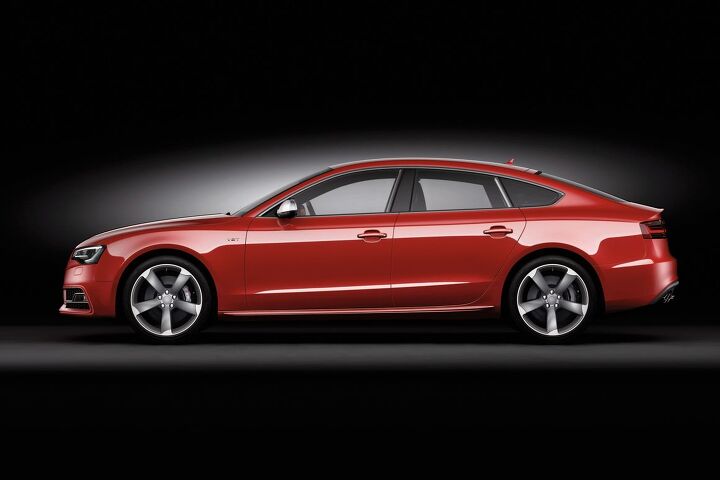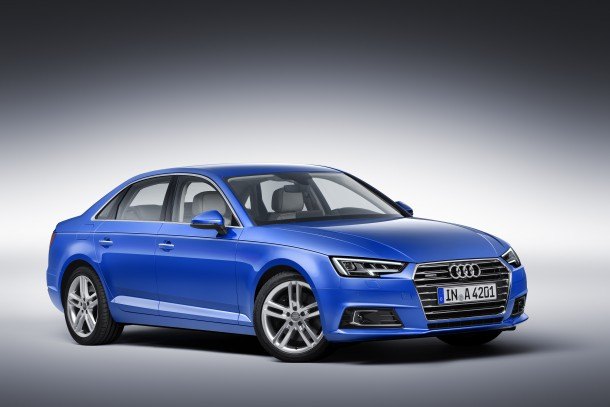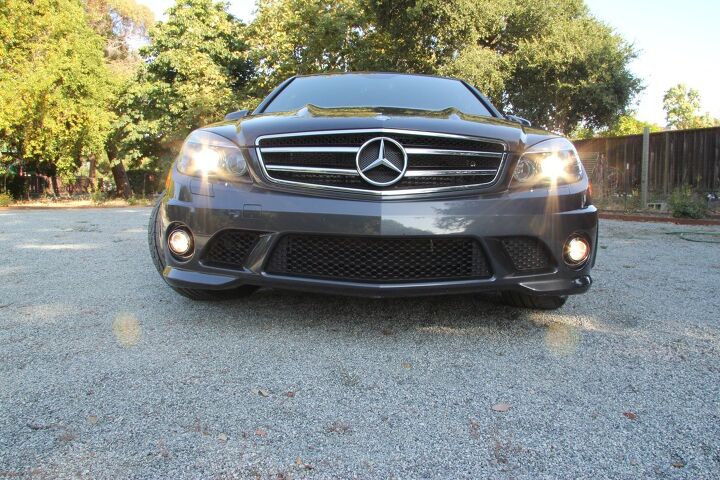#rs4
Strange Bedfellows: A History of Unexpected Automotive Collaborations
It should come as no surprise that some of the most iconic automobile designs have interesting associations in their geneses. Where those associations come from, though, can sometimes be surprising, as companies leapfrog the globe trying to find the talent, technical expertise, and productive capacity to build a new or unique model.
These stories seem to pop up more often when there’s a shift in a company’s priorities or an attempted to redefine its direction or mission. Large organizations can be slow to adjust to these changes, and so often these major manufacturers turned to small teams to produce what have often become standout models from already legendary lineups.
Often, but not always, as we see in this montage of odd couples.
How Many Versions of the RS4 Will Audi Make?
Audi will release a sedan version of its uber-A4 sometime next year, Autocar is reporting.
Audi has already confirmed that the RS4 would be released as a wagon because “that is what people expect from the RS4,” head of Audi’s Quattro Heinz Hollerweger told Car and Driver this month.
That’s on top of speculation that the RS4 could come to the States and China as a Sportback, similar to the RS7 already on sale. And, of course, we could always get the RS5 like we did last time.
Audi RS4 May Come to U.S. as Avant or Hatchback
The crown mother of Audi’s sport compacts may have life in the U.S. after all, Car and Driver is reporting.
According to Audi boss Heinz Hollerweger, the RS4 will sport a boosted six-cylinder engine instead of a naturally aspirated eight, and will pack more than 420 horsepower under the hood.
Hollerweger told Car and Driver that the RS4 would likely launch as a wagon in Europe, but if it came stateside that may change — or not. “The U.S. is changing, and there is more demand there (for wagons), so maybe that will change,” Hollerweger said.
Audi Confirms 2017 A4 Diesel for US
The ninth-generation 2017 Audi A4 will sport a diesel engine for the first time in the U.S., Motor Authority is reporting.
When the sedan launches next March, the 2.0-liter turbocharged oil burner will make 190 horsepower and 236 pound-feet of twist. That’s on top of the 2.0-liter turbocharged gasoline engine that’ll make 252 hp and 273 lb-ft.
But that may not be the best part.
One Fast Wagon: New RS4 Avant Rips Into The 'ring
What do you add to footage like this? Watching a station wagon tear through tight corners and uneven road at an improbable rate of speed is one of life’s pleasures that needs no embellishment. So don’t waste time wondering whether this 450 HP AWD assassin is coming to the US, or what it would cost if it did. There’s plenty of time for that later. For now, simply enjoy…
Review: 2010 Mercedes C63 AMG
From the surface, the C63 looks like it has the goods to compete with the big boys in the Euro performance club. Boy racer styling? Check. Monstrous V8? Check. Ginormous tyres? Check. Manual transmission? Not so much. Also not along for the party is a coupe or convertible version of the C63. Mercedes’ decision to make the C63 auto-only is perplexing enough, but the fact that they also decided to ignore the rest of the M3 portfolio is truly baffling. Consider the competition: the M3 coupe and convertible [combined] outsell the M3 sedan almost five to one. This halfhearted approach to a hotly contested and prestige-generating segment truly defines the experience with the C63: you constantly feel like this could have been a great car.



















Recent Comments